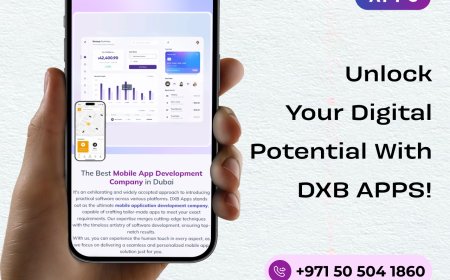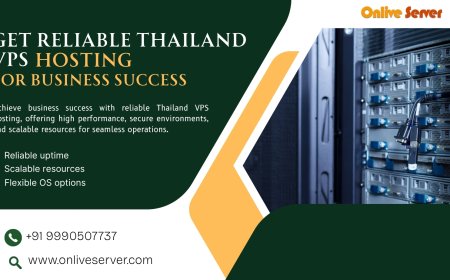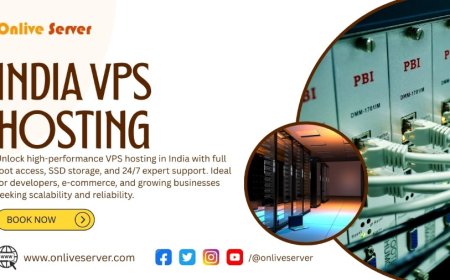Navigating the Future: The Power of Strategic Planning Facilitation
In today's rapidly evolving landscape, the ability to anticipate, adapt, and innovate is paramount for any organization's long-term success.

In today's rapidly evolving landscape, the ability to anticipate, adapt, and innovate is paramount for any organization's long-term success. While the concept of strategic planning is widely understood, its effective implementation often hinges on a crucial element: skilled facilitation. Far more than just guiding a meeting, strategic planning facilitation transforms a potentially disparate group of voices into a cohesive force, crafting a clear roadmap for the future.
Beyond the Buzzwords: What is Strategic Planning Facilitation?
At its core, strategic planning facilitation is the art and science of guiding a group through the complex process of defining their vision, mission, values, goals, and action plans. It's about creating a structured, inclusive, and productive environment where diverse perspectives converge to forge a shared strategic direction. A skilled facilitator acts as a neutral third party, ensuring that every voice is heard, discussions remain focused, and decisions are reached through consensus or clear pathways.
This isn't just about brainstorming; it's about deep dives into market trends, competitive landscapes, internal capabilities, and stakeholder expectations. It's about challenging assumptions, fostering creative problem-solving, and ultimately, building a strategy that is not only aspirational but also achievable.
Why Invest in Facilitation? The ROI is Clear
Many organizations attempt strategic planning internally, often with mixed results. Without a dedicated facilitator, sessions can devolve into unfocused discussions, dominated by a few strong personalities, or become bogged down in operational details rather than future-oriented thinking. This is where the true value of professional facilitation emerges:
-
Neutrality and Objectivity: An external facilitator brings an unbiased perspective, free from internal politics or pre-conceived notions. This neutrality is critical for fostering open dialogue and ensuring that all ideas are given fair consideration.
-
Structured Process and Efficiency: Facilitators employ proven methodologies and tools to guide the planning process efficiently. They keep discussions on track, manage time effectively, and ensure that all necessary steps are completed, from environmental scans to action planning.
-
Enhanced Participation and Engagement: A good facilitator creates a safe space for all participants to contribute, regardless of their role or seniority. They encourage quieter voices, mediate disagreements constructively, and ensure that everyone feels invested in the outcome. This leads to richer insights and more robust strategies.
-
Conflict Resolution and Consensus Building: Disagreements are inevitable in strategic discussions. A skilled facilitator can identify and address conflicts constructively, turning potential roadblocks into opportunities for deeper understanding and ultimately, stronger solutions. They excel at building consensus, ensuring that the final strategy has broad buy-in.
-
Focus on the Big Picture: Internal teams can often get caught in the weeds of day-to-day operations. A facilitator helps elevate the conversation, ensuring that the team remains focused on long-term goals and strategic priorities, rather than immediate tactical challenges.
-
Accountability and Ownership: Facilitators work to establish clear next steps, assign responsibilities, and set timelines, fostering a sense of accountability among the team. When individuals feel they've contributed to the strategy, they are more likely to take ownership of its execution.
-
Fresh Perspectives and Innovation: An experienced facilitator can introduce new frameworks, ask challenging questions, and encourage out-of-the-box thinking, stimulating innovation and helping the organization identify new opportunities.
The Facilitation Journey: A Glimpse into the Process
While the specific steps may vary, a typical strategic planning facilitation process often includes:
-
Preparation and Discovery: The facilitator works closely with leadership to understand the organization's current state, challenges, desired outcomes, and key stakeholders. This phase involves interviews, data gathering, and alignment on the scope of the planning.
-
Environmental Scan: A thorough analysis of external factors (opportunities and threats) and internal factors (strengths and weaknesses) is conducted. This often involves SWOT analysis, PESTLE analysis, and market research.
-
Vision and Mission Development: Guiding the group to articulate a compelling future vision and a clear, concise mission statement that defines the organization's purpose.
-
Values Clarification: Identifying the core principles and beliefs that will guide the organization's behavior and decision-making.
-
Goal Setting (SMART): Collaboratively defining specific, measurable, achievable, relevant, and time-bound strategic goals.
-
Strategy Formulation: Developing the overarching approaches and initiatives to achieve the defined goals. This might involve identifying strategic pillars, key themes, or strategic imperatives.
-
Action Planning and Roadmapping: Breaking down strategies into actionable steps, assigning responsibilities, setting deadlines, and establishing metrics for success.
-
Review and Refinement: Iterative sessions to review the developed strategy, gather feedback, and make necessary adjustments to ensure its robustness and alignment.
-
Communication Plan: Assisting in developing a plan to effectively communicate the new strategy to all relevant stakeholders.
Choosing the Right Facilitator
Selecting the right strategic planning facilitator is crucial. Look for someone with:
-
Experience: A proven track record in facilitating strategic planning processes across various industries.
-
Process Expertise: Deep knowledge of strategic planning frameworks and methodologies.
-
Strong Communication Skills: The ability to listen actively, articulate clearly, and ask insightful questions.
-
Interpersonal Savvy: The capacity to build rapport, manage group dynamics, and navigate difficult conversations.
-
Objectivity and Neutrality: A commitment to remaining unbiased throughout the process.
-
Results-Oriented Approach: A focus on delivering a tangible, actionable strategic plan.
In a world defined by constant change, strategic planning is no longer a luxury but a necessity. By embracing the power of strategic planning facilitation, organizations can unlock their full potential, foster collective intelligence, and confidently chart a course toward a prosperous and sustainable future. It's an investment that pays dividends in clarity, alignment, and ultimately, accelerated success.


























